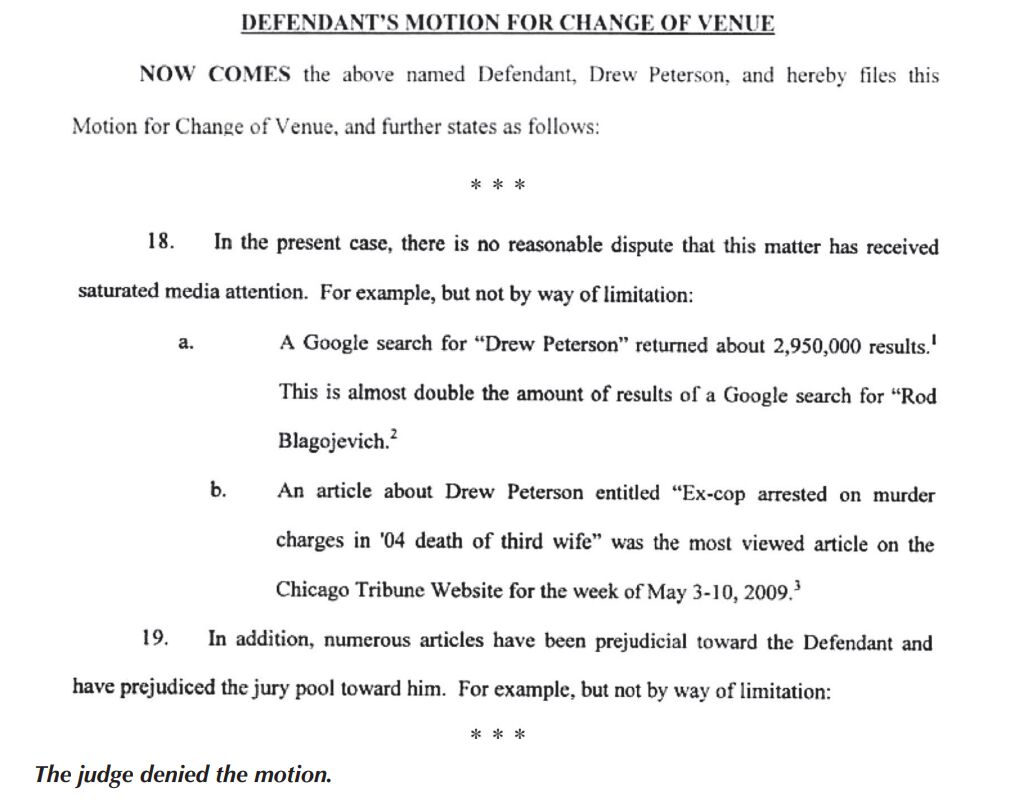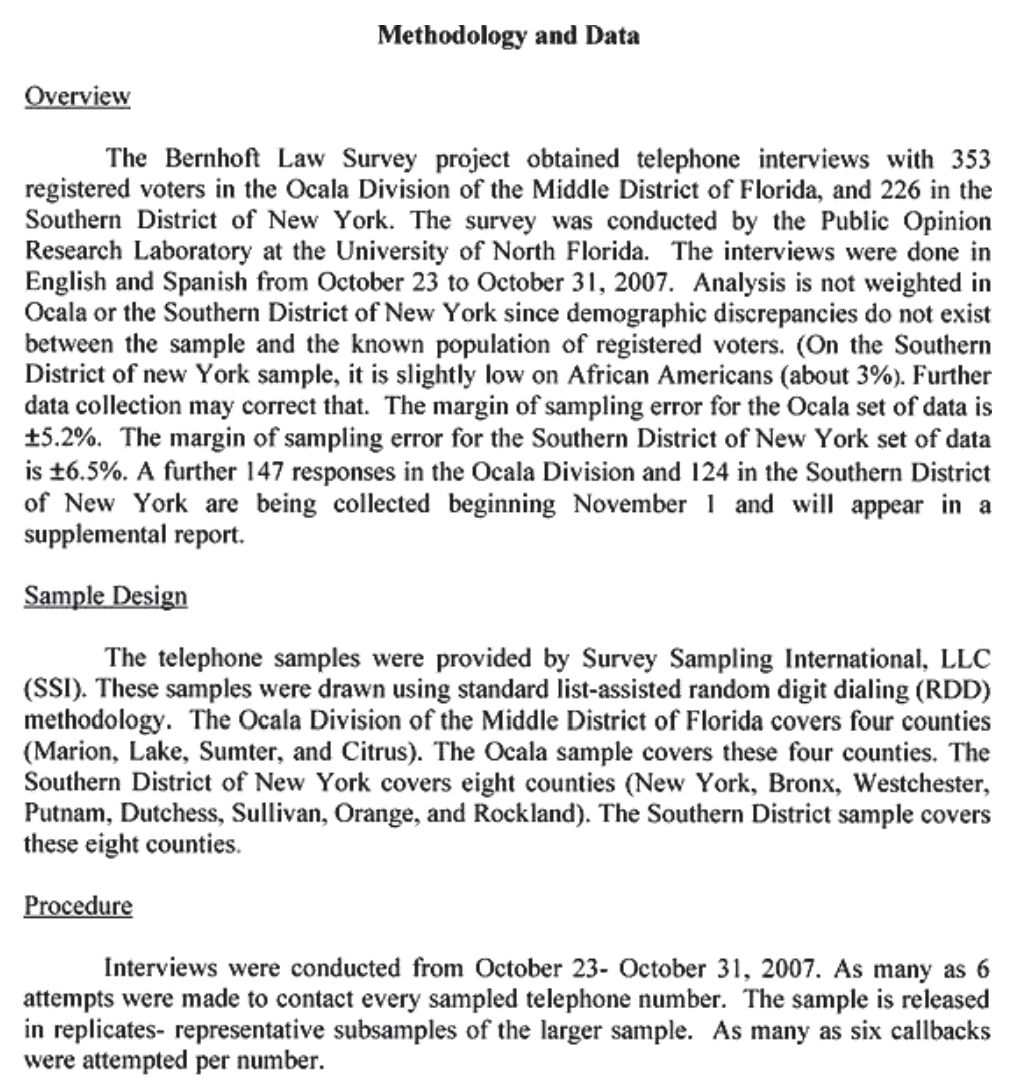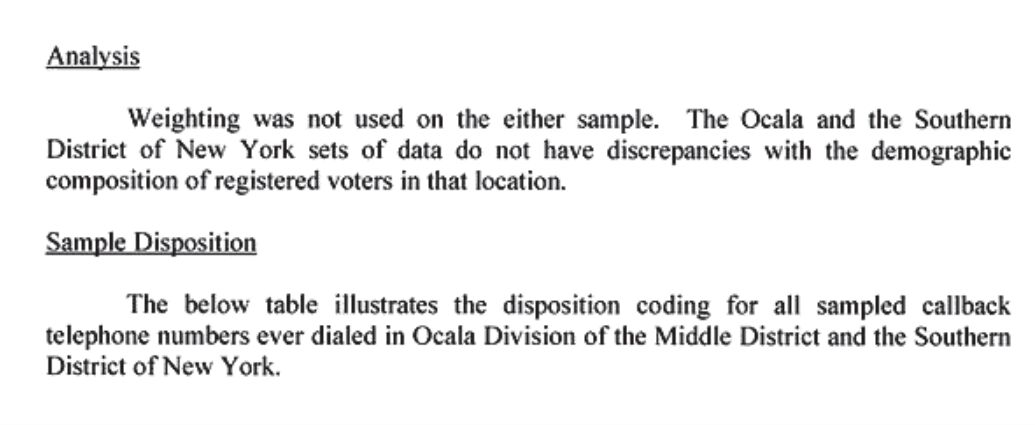PART 2 - CHAPTER 9 Pretrial Motions and Plea Bargaining
| Jurisdiction | United States |
Chapter 9 Pretrial Motions and Plea Bargaining
CHAPTER OBJECTIVES
After reading this chapter, you should be able to:
■ Identify the most commonly filed pre-trial motions and discuss why they are filed.
■ Explain the difference between a motion to suppress evidence and a motion in limine.
■ Compare and contrast the motions related to potential bias in judges or juries.
■ Explain how plea bargaining works and why it is used.
■ Discuss the positive and negative aspects of plea bargaining.
INTRODUCTION
In Chapter 8 we saw how both prosecuting attorneys and defense counsel use pre-trial discovery to develop the information they need to present their case, evaluate its strengths and weaknesses, identify witnesses, and gather documents and electronically stored information (ESI) that they may be able to use at trial. In this chapter we discuss the types of motions that attorneys file regarding such issues as
■ The competence of a defendant to stand trial
■ Whether co-defendants will be tried together or separately
■ The place where the trial will occur
■ Whether a particular judge should preside over the case
■ Whether evidence should be suppressed because it was illegally gathered
Although plea bargaining can take place at any time before the rendering of the verdict, many plea agreements are not reached until after the court has ruled on these motions. Later in this chapter, we will discuss the pros and cons of this practice, as well as the procedures used.
Because the nature of the punishment is an important aspect of discussions held during plea bargaining, we end the chapter with an overview of optional programs designed to reduce taxpayer costs by providing educational and treatment options for selected types of defendants.
A. PRE-TRIAL MOTIONS
1. MOTIONS RELATING TO DISCOVERY
We have already discussed motions related to discovery in Chapter 8. As more information is revealed, additional discovery motions may be filed.
2. MOTIONS RELATING TO THE FORUM
As we saw in Chapter 5, a criminal case officially begins when the prosecutor's office files formal charges in a particular court. For example, if a violation of the state criminal code took place in Normal, Illinois, the McLean County State Attorney's Office would file charges with the McLean County Circuit Court in the 11th Judicial Circuit of Illinois. On the other hand, if there was a violation of federal law, it would be up to the U.S. Attorney's Office to decide to file charges, and the charging document would be filed in the U.S. Clerk's Office for the Peoria Division of the U.S. District Court for the Central District of Illinois.
As pointed out in Chapter 7, the constitutional protection against double jeopardy does not prohibit trial in both a state and a federal court for the same act when that action violates both state and federal laws. However, such situations are rare, and one jurisdiction will usually hold off on its prosecution until the other is completed. In addition, state prosecutors sometimes decline to pursue charges against certain types of offenders, such as drug traffickers, to clear the way for the U.S. Attorney's Office to pursue charges because federal offenses carry greater penalties or the federal government may have greater resources at its disposal.
A motion for a change of venue is made when one of the parties wants to change the location of the trial so that the case is heard in some other city, county, or judicial district rather than where the case originally was filed. (Venue is Latin for "a place where people gather.") A change of venue might be requested if one of the parties believes that either the current venue is improper under the court's procedural rules or an alternative location would be more appropriate. These motions for a change of venue are most common in highly publicized cases where the defense argues that the trial must be moved to another community to be able to impanel an impartial jury. To justify a venue change, the defense must prove that the prejudice against the defendant is so great that the defendant cannot obtain a fair and impartial trial in the current venue.1
Newspaper articles, transcripts of radio and television broadcasts, and commissioned public opinion polls are often used as evidence to show the predisposition of potential jurors against the defendant. Paralegals may be called upon to research media coverage to support a motion for change of venue.
An excerpt from a motion for change of venue is displayed in Exhibit 9.1. This motion was filed by the attorney representing Drew Peterson on charges that he killed his third wife, Kathleen Savio.2 Prior to the indictment, Peterson appeared on CNN's Larry King Live, NBC's Today Show, Fox News, the Dr. Phil Show, and a number of local Chicago media outlets. Peterson moved for a change of venue on the basis of prejudicial pretrial publicity. The judge in the case denied the motion, and in 2012, Peterson was convicted of premeditated murder.3

In addition to requesting a change of venue to avoid the effects of pre-trial publicity, the motion can be brought on the basis that a different venue would be more convenient for the parties, the witnesses, or both if the trial were held in an alternative location.
A limited number of states have enacted statutes providing for a change of venire to provide defendants an alternative remedy for prejudicial pre-trial publicity. Under this scheme, the trial takes place in the venue where the charge was filed, but the jury is selected from another judicial district.4
In cases in which there has been extensive pre-trial publicity, the defense attorney may have filed a pre-trial motion seeking either a change of venue or change of venire. However, since either alternative involves additional costs and greater inconvenience for some of the participants, judges are reluctant to grant these requests and instead rely on voir dire to eliminate individuals who might be affected by such coverage. In high profile cases, a public opinion pollster may be employed to determine the effect of pre-trial publicity on potential jurors. Exhibit 9.2 displays an excerpt of a pollster's report that was appended to a motion for change of venue.
3. MOTIONS RELATED TO THE PARTICIPANTS
a. Motions for Substitution of Judges
In most state courts, cases are randomly assigned to a pool of judges who hear specialized types of cases (major felonies, misdemeanors, traffic, juvenile, family). If more than one judge is assigned to a particular call, the luck of the draw usually determines which member of the bench will hear a particular case. However, in smaller jurisdictions, there may be only one judge handling a specific type of case. Therefore, when a case is assigned to a judge who appears to favor the government in criminal cases or has had personal conflicts with the defense attorney, the attorney may file a motion for substitution of judges.
The circumstances under which such a motion may be granted differ from one jurisdiction to the next. Some states provide a statutory right to change judges at least once, without cause. For instance, in Illinois both the prosecutor and the defendant can move for substitution of judges as a matter of right so long as the motion to substitute is made within ten days of the assignment of the judge to the case. When an Illinois defendant is charged with a Class X felony or a crime punishable by death or life imprisonment, the defendant may name two judges in the motion for substitution.5 There is no provision in the federal courts for substitution of judges without cause.
Substitution for cause can be for any bias a judge may have in the case, such as an association with a party (family, friendship, or even stock ownership), having made vocal comments in the past on the topic at trial, or other indications of prejudice or conflict of interest. Ordinarily, the basis for the motion must be set forth with particularity and shown through affidavit or live testimony. The defendant bears the burden of proving bias. Generally, these motions are heard by a different judge since the judge from whom the defendant is seeking a change is not likely to believe that there is bias.
The Justice Department filed income tax evasion charges against actor Wesley Snipes in the Middle District of Florida. Snipes filed a motion to change venue to the Southern District of New York. His motion was supported by the report of a public opinion pollster. The court denied the motion. A central Florida jury found Snipes guilty of income tax evasion. Here are excerpts of the report.


Sometimes judges will remove themselves from a case without a motion for substitution of judges having been filed. When judges determine on their own that they are biased, they announce that they are recusing themselves from the case. The Judicial Conference of the United States6 enacted the Code of Conduct for United States Judges (see Canon 3C(1) on page 297). The Code lists various circumstances in which recusal is required.7
It is important to note that if the motion to substitute judges is granted, the attorney filing the motion does not get to select the new judge. Rather, a random assignment is usually made from among the remaining judges hearing those kinds of cases. If a substitution takes place in a jurisdiction with no other available judges, a retired judge or one from a neighboring jurisdiction may be assigned to the case.
DISCUSSION QUESTIONS
1. Why should it make any difference who the judge is?
2. What factors does an attorney need to evaluate when deciding whether to seek a substitution for a judge?
3. Recently, there have been calls for Supreme Court Justices to recuse themselves from particular cases; e.g., Clarence Thomas because of his wife's involvement in the January 6 insurrection; Ruth Bader Ginsberg because of her...
To continue reading
Request your trial
